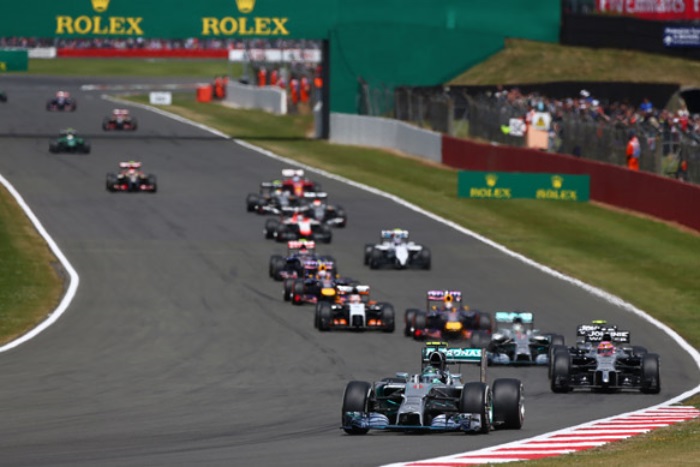Formula One reaches the tenth round of the 2022 season this weekend, when the British Grand Prix will be held. The race has been held since 1950. On May 13 of that year, the race, held at Silverstone, hosted the first race in the history of the category. The victory went to Alfa Romeo's Italian Nino Farina, who would become the first world champion.

Formula One reaches the tenth round of the 2022 season this weekend, when the British Grand Prix will be held. The race has been held since 1950. On May 13 of that year, the race, held at Silverstone, hosted the first race in the history of the category. The victory went to Italian Nino Farina, from Alfa Romeo, who would become the first world champion.
The biggest winner of the race is Lewis Hamilton, with eight wins. Among Brazilians, Emerson Fittipaldi won twice, in 1972 and 1975. Ayrton Senna won one, in 1988, and Rubens Barrichello won another, in 2003.
Learn more about England
England is one of the countries of the United Kingdom, along with Northern Ireland, Scotland and Wales. It occupies the southern half of the island of Great Britain, except for an area in the west, which corresponds to Wales. It is bordered by Scotland (North), the North Sea (East), the English Channel (South) and the Atlantic Ocean, Wales and the Irish Sea (West).
The capital is London. It has an area of 130,439 square kilometers, and a population of approximately 49 million, with about one-tenth of them belonging to non-white ethnic groups. The largest cities are London (7 million inhabitants), Birmingham (1 million), and Liverpool (470,000). Much of the country is covered by hills, and is more mountainous in the north.
The official British currency is the pound (£), with pennies being known as pence. England is one of the three main powers of the European continent and has a GDP close to $2 trillion, the fifth largest on the planet, behind the United States, Japan, Germany, and China. Foreign trade and financial services are the driving forces of the economy.
In political terms, England is a Parliamentary Monarchy, with a parliament that creates laws and provides for public works. The head of state has a more diplomatic role, with no executive powers. There is a Prime Minister elected by a majority of the parliament. The current heads of state are Queen Elizabeth II of the United Kingdom (Head of State) and Prime Minister Boris Johnson (Head of Government).
Historically, the island of Great Britain (which also encompasses Southern Ireland, or Eire), has been occupied by humans since ancient times. England was formed by the gradual union of the Anglo, Saxon and Jutish kingdoms between the 7th and 9th centuries, following the weakening of the Roman Empire and influenced by Germanic tribes. Egbert of Wessex, King of Wessex (m. 839) was the first English king, although officially the title "King of England" came later with Alfred the Great (who ruled between 871 and 899). For a brief period during the Civil War, Oliver Cromwell commanded a republic in the country.
England is currently divided into four levels of administrative subdivisions: regions, counties, districts, and parishes. Traditionally, the country is divided into counties (shires), which can be defined in various ways. The ceremonial counties are defined by the government, and a Lord-Lieutenant, a kind of governor, is appointed to each of them.
The country also has a great tradition in soccer. One of the pioneers in the sport, it was an Englishman who implanted this tradition in Brazil, through Charles Miller. England has already been world champion in 1966, after defeating Germany in the final, 4×2, and was host in the same year. Its main clubs are Manchester United, Liverpool, Arsenal, and Chelsea.